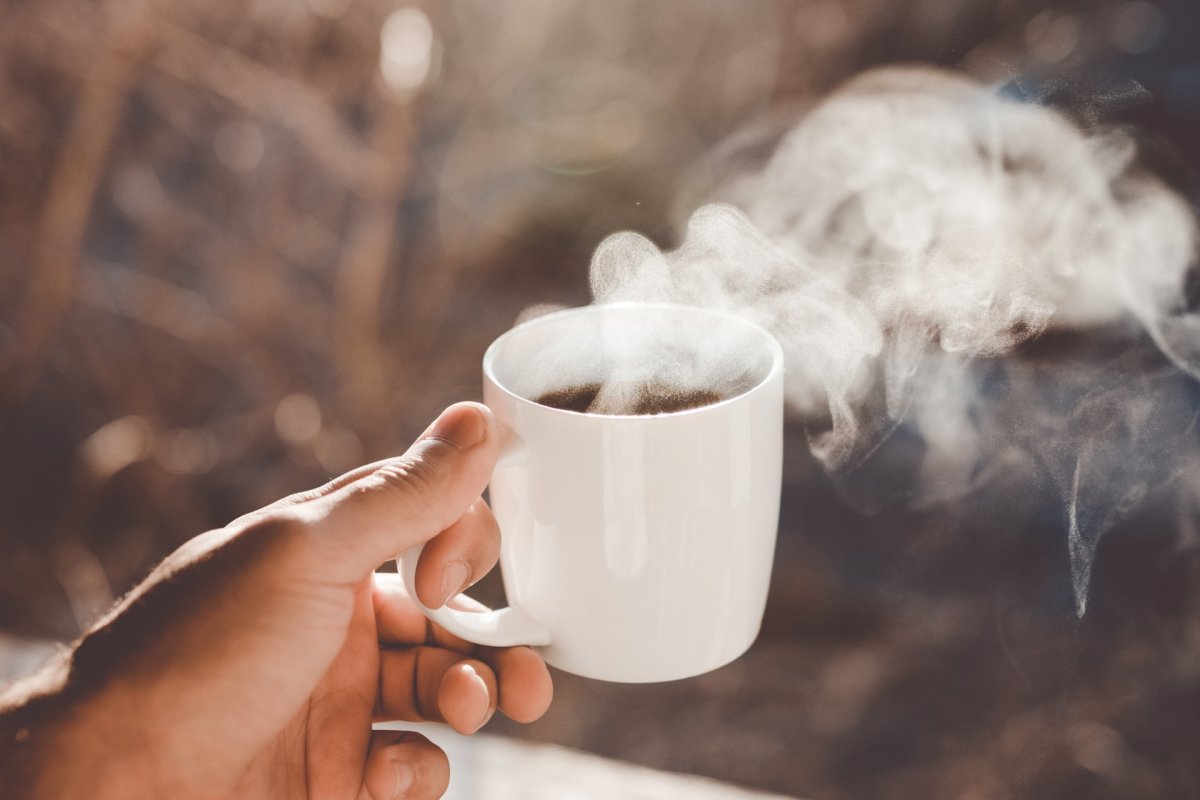
Coffee lovers are less likely to become depressed. However, the dose and preparation do matter. And excessive coffee consumption is not beneficial for everyone.
Numerous studies have shown that caffeine has an antidepressant effect. However, in most cases no distinction was made based on the type of drug.
The researchers analyzed data from more than 145,000 adults who were surveyed between 2006 and 2010, as well as in 2016. Almost 20 percent said they don't drink coffee, about 70 percent say they drink between one and three cups, and the remaining 10 percent say they drink more than three cups a day.
“Depression and anxiety were least common among those who drank two to three cups per day. This was especially true for ground and unsweetened black coffee, as well as coffee with milk – to a lesser extent for instant or decaffeinated coffee, as well as with added sugar or artificial sweeteners,” says neurologist Alexandra Alekhina, commenting on the study specifically for MedicForum.
The optimal amount of coffee may be even higher. At the beginning of the study, they did not suffer from depression. Those who drank although If you drink four cups of coffee a day, you are less likely to develop depression in the next ten years. However, in other studies the effect was less pronounced.
Drinking coffee reduces the subsequent risk of depression, according to a meta-analysis of hundreds of thousands of people. by about ten percent.
Coffee as a Mood Enhancer
Even if these results come from longitudinal studies, the type of data collection does not actually allow any conclusions about cause and effect to be drawn. It is possible that other complaints associated with depression, such as chronic bowel or stomach diseases, limit intake.
What suggests a cause-and-effect relationship is the dose-response relationship that some studies have been able to prove: with every cup of coffee a day, the risk of depression also decreases; in the mentioned meta-analysis it is indicated, for example, four percent per quarter liter, in others even more.
“The antidepressant effect of coffee can also be explained biologically. Caffeine stimulates the central nervous system, promotes dopamine transmission and blocks adenosine receptors in the brain: it activates and improves mood. Others, especially the anti-inflammatory substances in coffee, may also contribute to the antidepressant effect,” says Alyokhina.
Caffeine and anxiety
However, there is another, at first glance paradoxical, explanation for the reduced risk of anxiety among coffee drinkers: caffeine can provoke panic attacks. People prone to this often realize this and tend to drink less coffee. In their case, coffee consumption does not reduce anxiety, but rather anxiety reduces coffee consumption.
Experiments confirm the panic-inducing effect. Scientists compared the effect of caffeine with the placebo effect:Every second test subject suffering from panic disorder responded to caffeine with a panic attack, but none responded to placebo. On average, it took about five cups of coffee to induce panic.
Among healthy people in the control group, just under two percent suffered from panic attacks. Among other things, caffeine increases your heart rate, a physical process that can contribute to panic attacks.
“Moderate coffee consumption to prevent and manage anxiety and depression. However, the advice should be taken with caution: self-medication coffee can have unpleasant consequences.”
Earlier, MedicForum wrote about the dangers of stress for heart health.
Important! Information is provided for reference purposes. Ask a specialist about contraindications and side effects and under no circumstances self-medicate. At the first sign of illness, consult a doctor.
